Exhibition: Léonie Hampton from the Artist Collective Still/Moving – Matter at Hand
Opening: 31.5.2022, 7:00pm
Exhibition: 1.6. – 2.7.2022
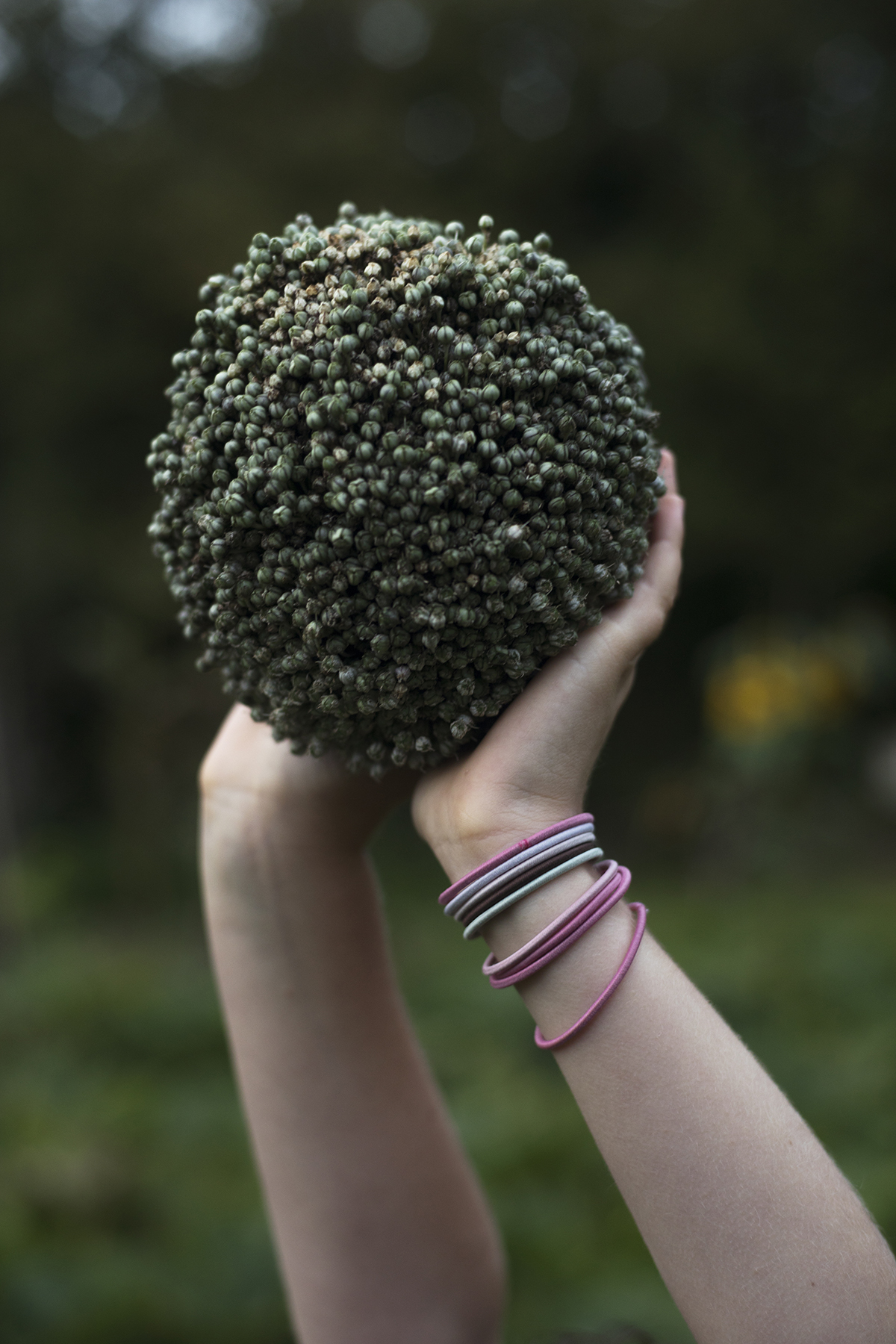
Léonie Hampton from the Artist Collective Still/Moving – Matter at Hand, exhibition at Foto Forum 2022
It is simply about a key providing access to a universe. About preventing us from becoming blind and indifferent, about keeping our senses alert. About the simple, generous gift to a world that is capable of unfolding itself as soon as we know how to attach ourselves to it, that is to say, to pay attention. Christian Cajoulle writing on Léonie Hampton work
Léonie’s practice draws attention to troubles and tensions that orbit close to her. Using the camera to navigate, her photographs engage through a constant process of metamorphosis, plotting ways through complex emotional terrains. Tilting the mirror towards her immediate life she offers us an interaction with another world. Léonie follows Donna Haraway’s call to each of us to ‘stay with the trouble’; seeking to shift perceptions on reality; offering other possibilities and ways of being. It is the matter, it will never be the “subject”.
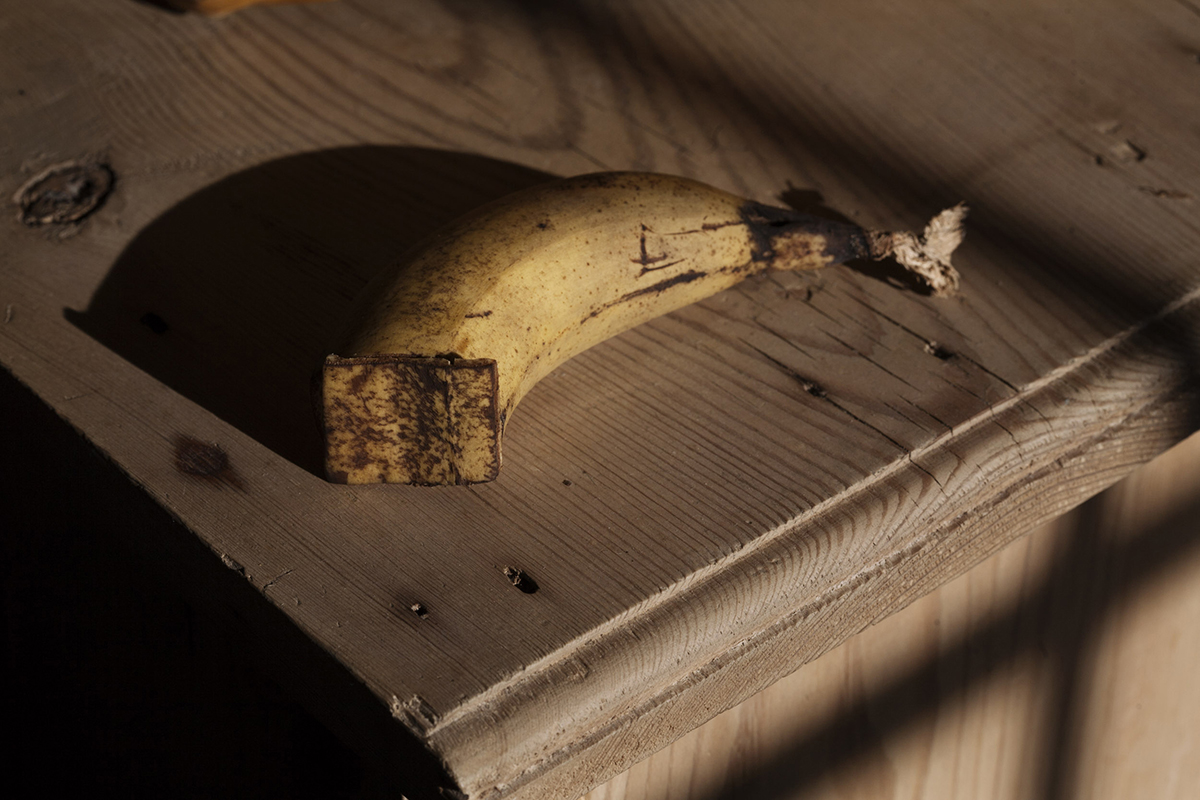
Léonie Hampton from the Artist Collective Still/Moving – Matter at Hand, exhibition at Foto Forum 2022
In Escape in Israel (2004) we see an uncomfortable proximity between the military, the secular and the religious that permeates this conflict-ridden part of the world. A place where boundaries and territory are deadly subjects, where everyday rituals continue, transcending the very real and perpetual threat of violence.
Having photographed numerous families around the world, we see in the photography and films of In the Shadow of Things (2011), Handwashing (2017) and Bron Folding (2017) Léonie turning her attention to her own family. Her mother’s home, bound by the irrational and peculiar laws of OCD (Obsessive Compulsive Disorder) is ‘like a fairytale universe, simultaneously desirable and possibly disturbing. OCD prompts her to obsessively put things into the most perfect order possible, then suddenly to return them to a state of disorder, herself being the only one to know and to invent the underlying logic.
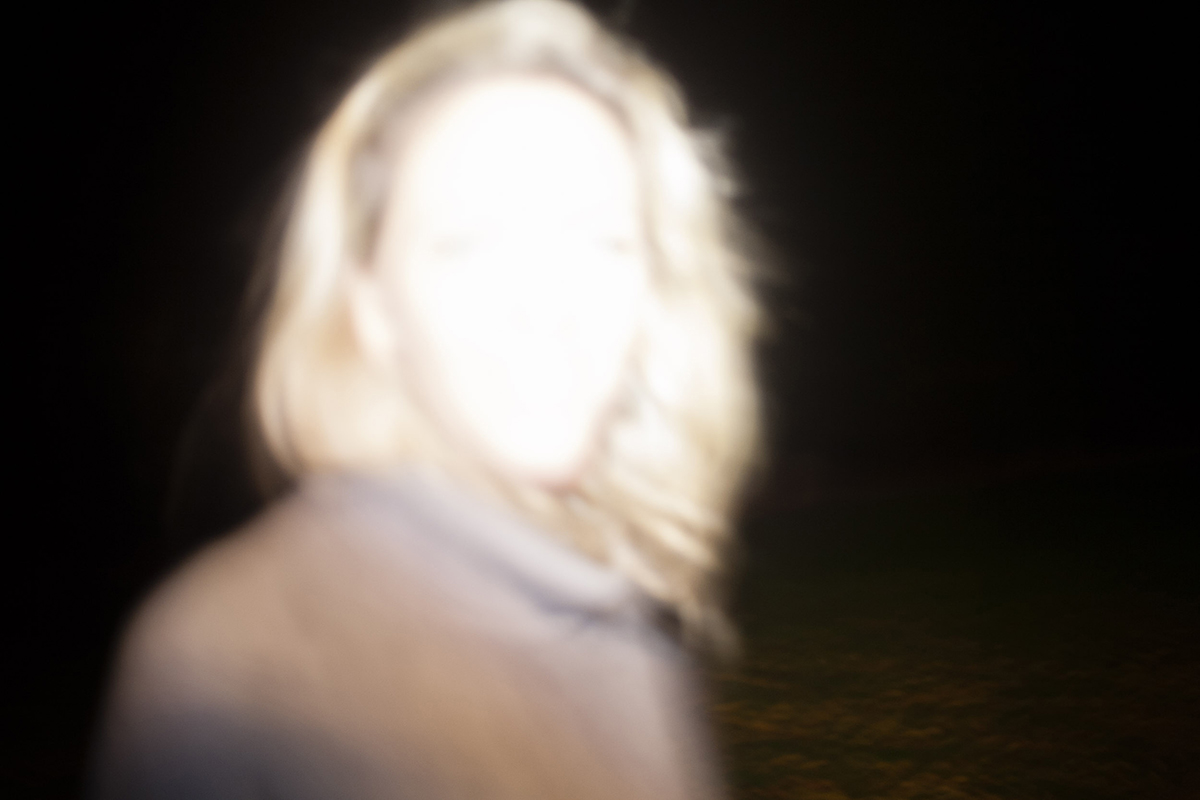
Léonie Hampton from the Artist Collective Still/Moving – Matter at Hand, exhibition at Foto Forum 2022
With the Rome Commission, Mend (2018), she found a unique opportunity to explore her anxieties about how the contemporary world can feel dislocated. This includes her fears for the next generations, from the paralysis shown by mankind in the face of environmental destruction to the growing division of wealth that now encourages so many to risk their lives to cross perilous borders. Léonie searched for how she should interpret this vision of a broken world. She sought out Rome’s half-completed buildings and abandoned urban projects, its wastelands returning to wilderness, and the temporary cardboard cities on the banks of the River Tiber, constructed by migrants trapped in legal limbo.
Through photographing her own family, her young children and their garden, A Language of Seeds (2020, Commissioned by the Royal Albert Memorial Museum and Art Gallery) explores the archaic wisdom of seeds. Seeds as ‘botanical touchstones that compel a grounding, a return to the soil.’ (Christian Keeve) in Candide, Voltaire states that ‘We must tend our gardens’. Rebecca Solnit asks, ‘is this a statement of defeat or is it a manifesto for tending the garden as a larger set of intentions and interventions? If planting vegetables allows you to retreat from supermarkets and factory farming, it is a political act and a political victory, maybe even an attack in the guise of a retreat.’ A man’s hand black with coal shows us a spiral, as if some kind of loophole in time. Children and plants become our guides.
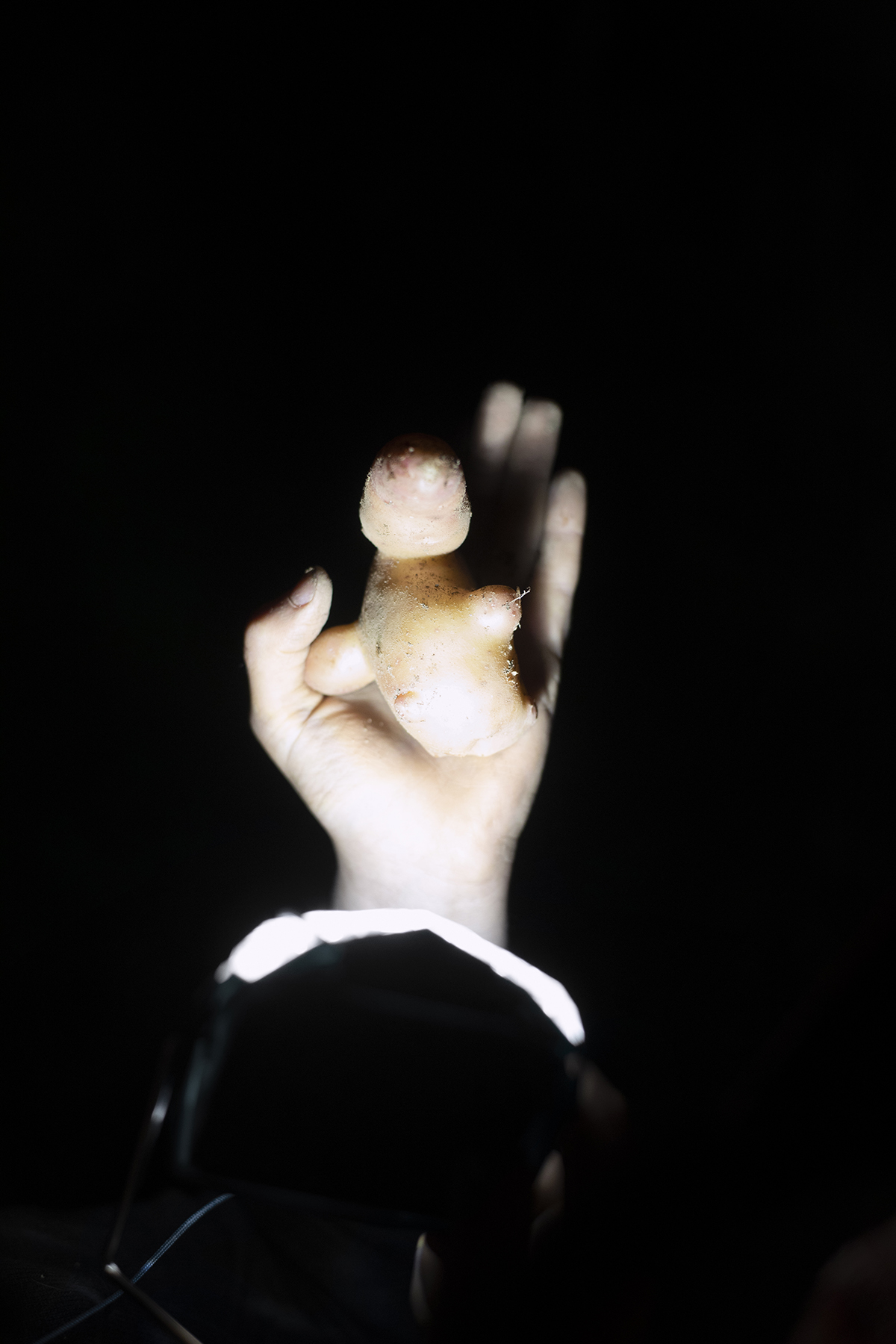
Léonie Hampton from the Artist Collective Still/Moving – Matter at Hand, exhibition at Foto Forum 2022
The film Worlding (Still/Moving 2021) explores how we might enter into a different relationship with land, nature and place; offering new possibilities guided by the often-overlooked voices. Our body is a planet (2022 commissioned by MRC CMM) explores how fungi re-embroiders death into life. The film challenges the way we think of ourselves as individual genetically prescribed entities, independent from our surroundings. The symbiotic and pathogenic pathways of fungi questions our animal imaginations and mechanistic modern systems of life. Is now a good time to recalibrate ourselves? To re-enchant one another and our fellow more-than-human partners, ‘for we are human only in contact, and conviviality, with what is not human.’ (David Abram).
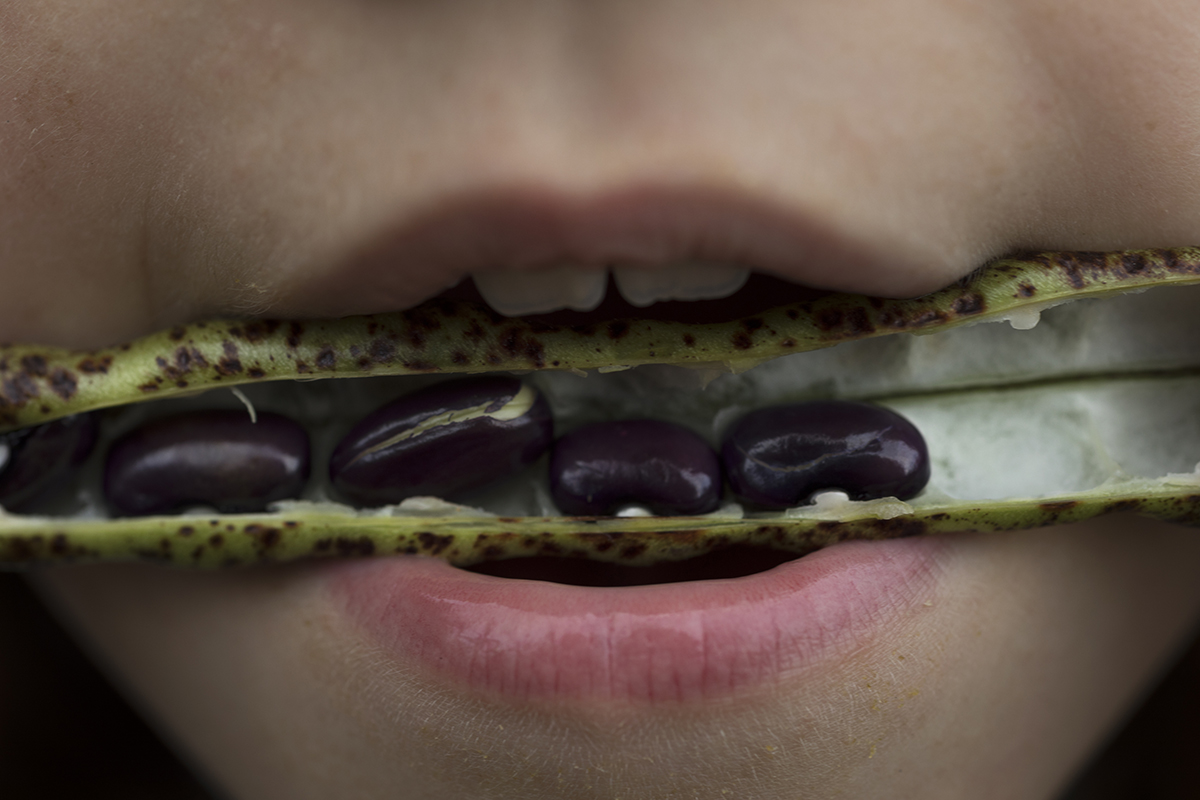
Léonie Hampton from the Artist Collective Still/Moving – Matter at Hand, exhibition at Foto Forum 2022
Léonie Hampton from the Artist Collective Still/Moving
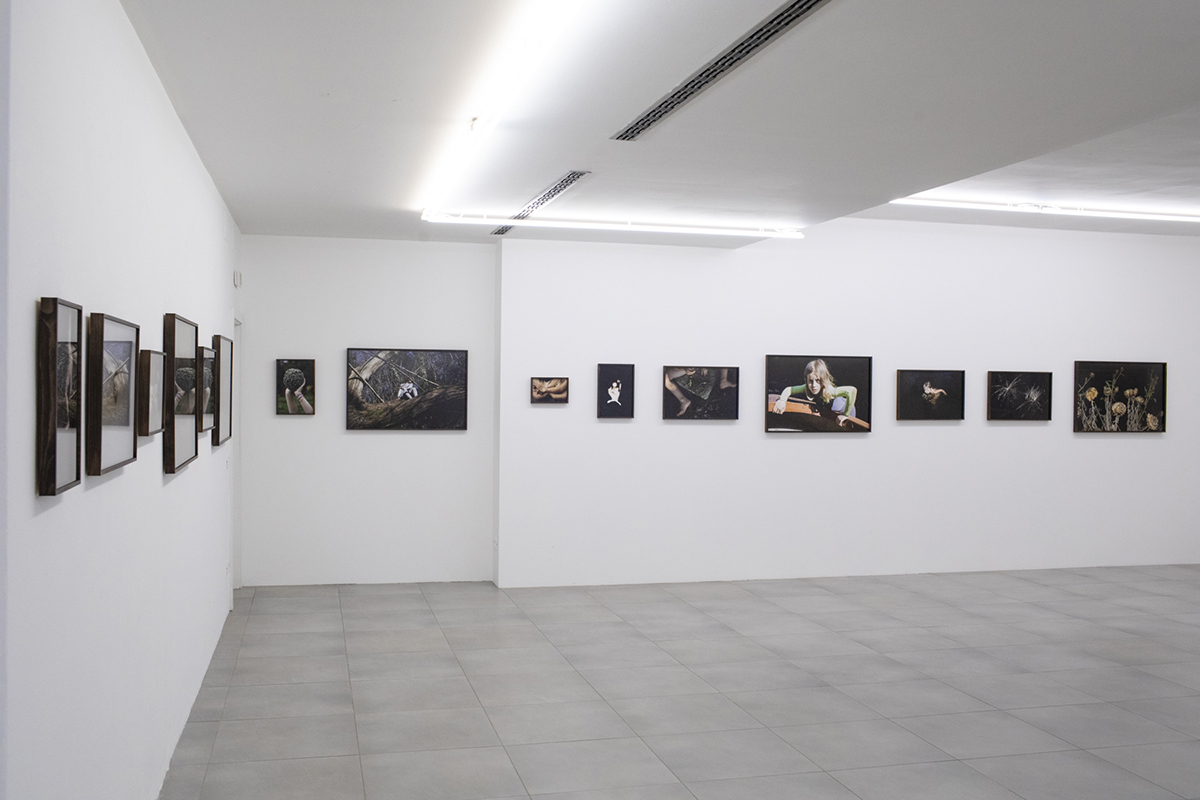
Léonie Hampton from the Artist Collective Still/Moving – Matter at Hand, Exhibition Foto Forum, Bolzano/Bozen (Italy), 2022, Image: Léonie Hampton, Installation view
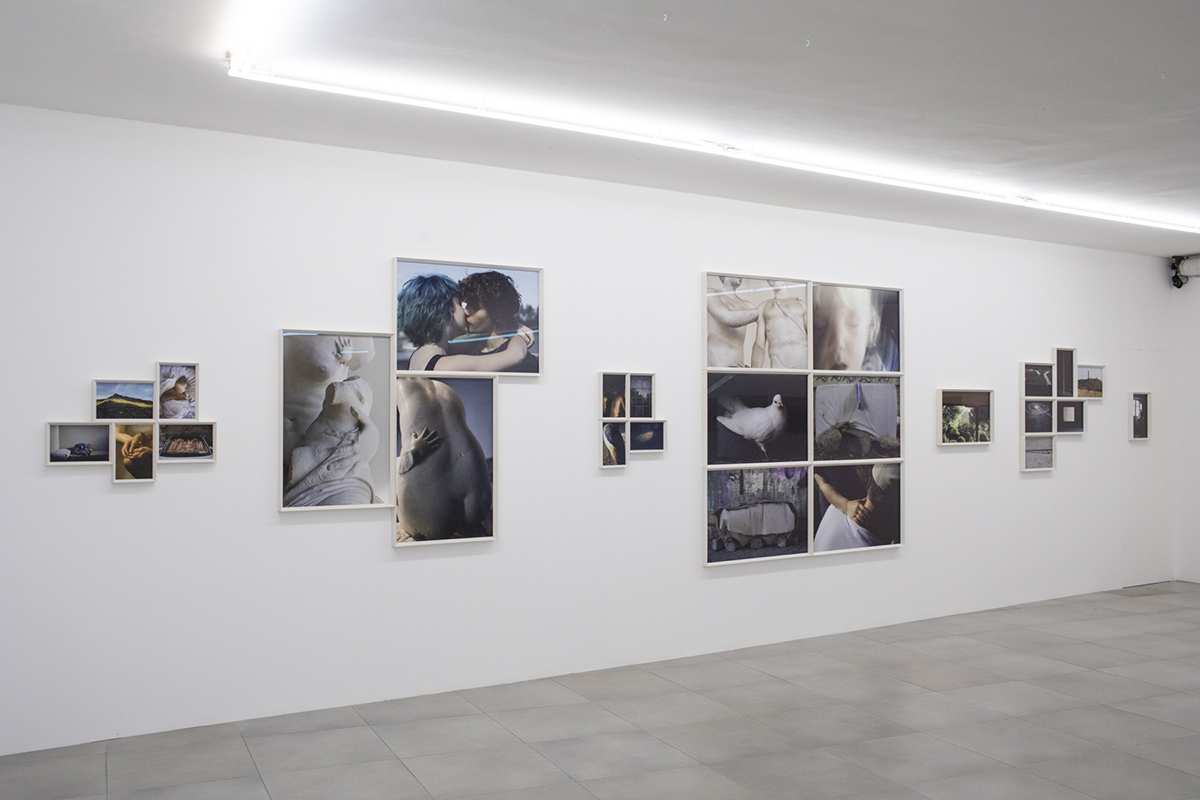
Léonie Hampton from the Artist Collective Still/Moving – Matter at Hand, Exhibition Foto Forum, Bolzano/Bozen (Italy), 2022, Image: Léonie Hampton, Installation view
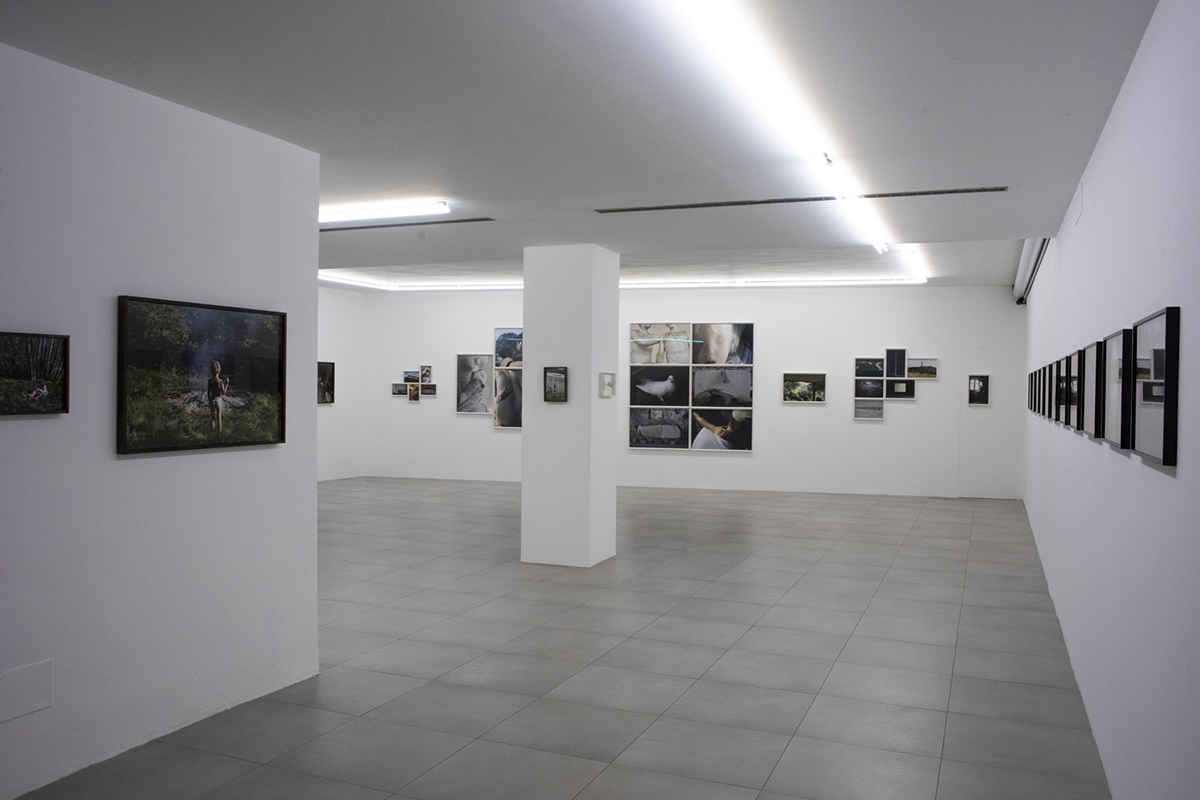
Léonie Hampton from the Artist Collective Still/Moving – Matter at Hand, Exhibition Foto Forum, Bolzano/Bozen (Italy), 2022, Image: Léonie Hampton, Installation view
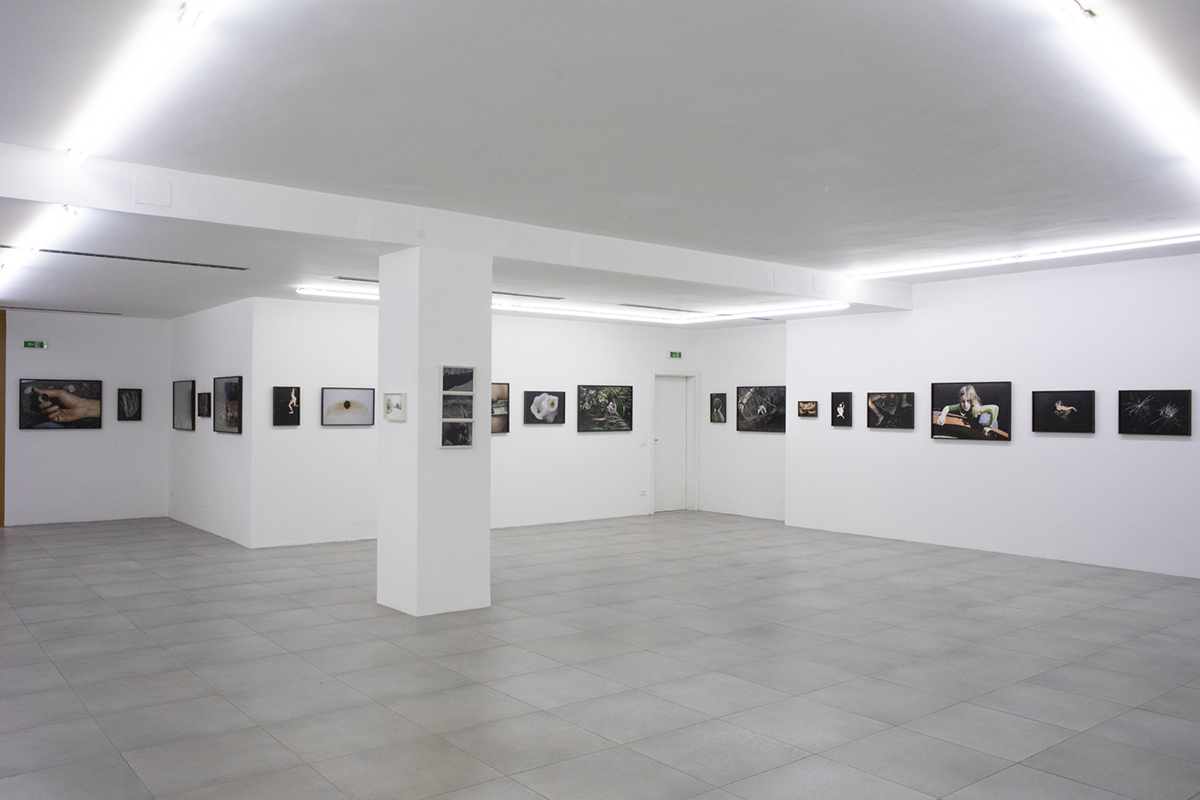
Léonie Hampton from the Artist Collective Still/Moving – Matter at Hand, Exhibition Foto Forum, Bolzano/Bozen (Italy), 2022, Image: Léonie Hampton, Installation view
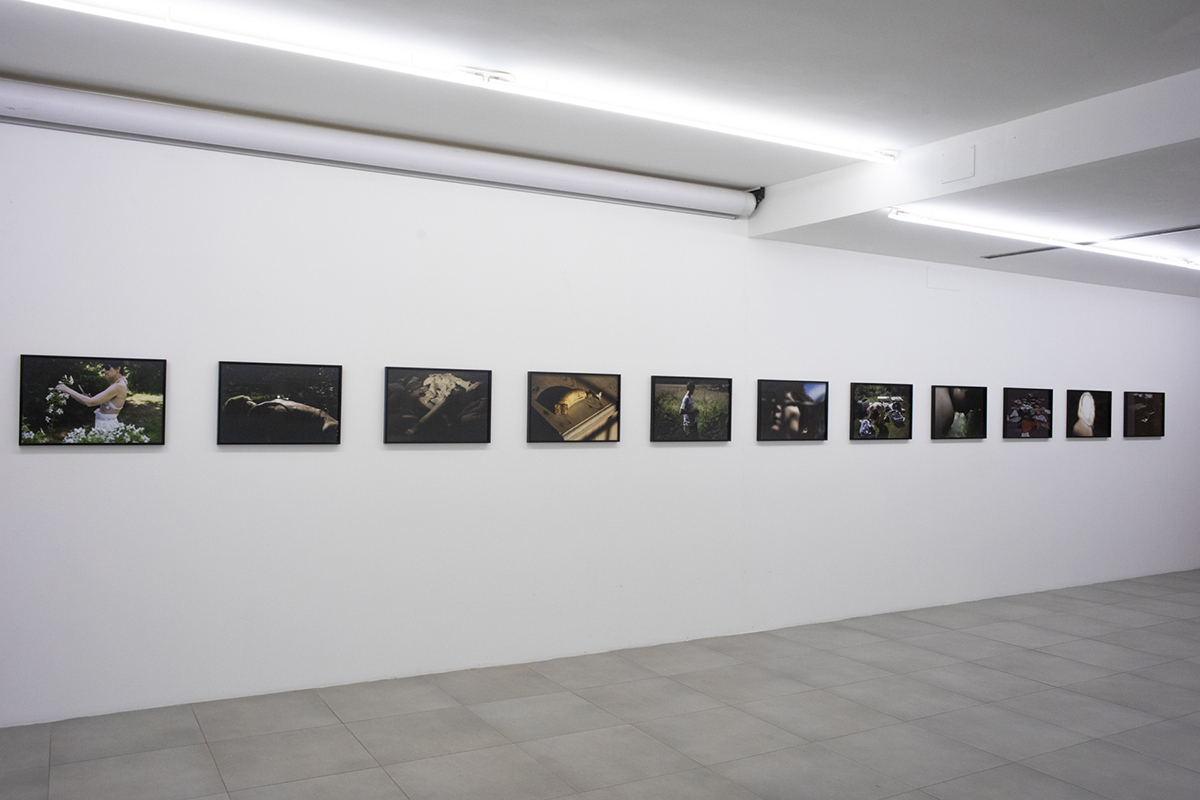
Léonie Hampton from the Artist Collective Still/Moving – Matter at Hand, Exhibition Foto Forum, Bolzano/Bozen (Italy), 2022, Image: Léonie Hampton, Installation view
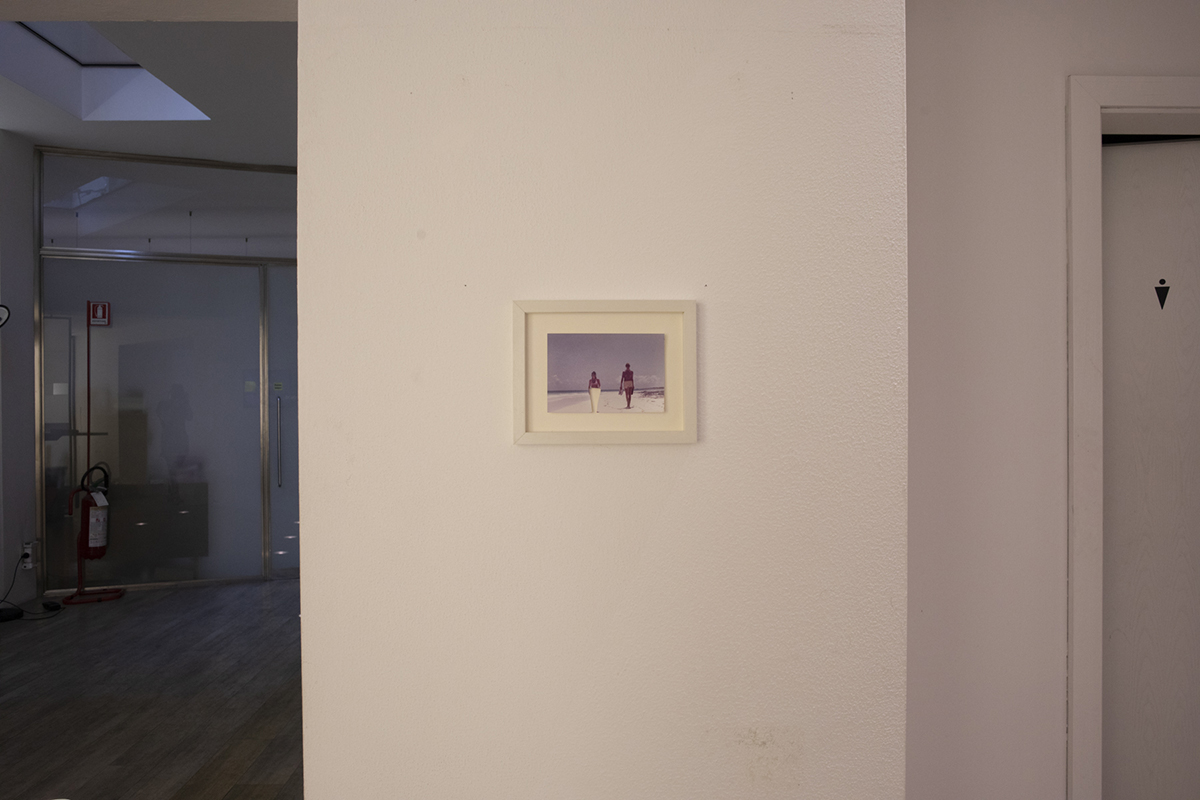
Léonie Hampton from the Artist Collective Still/Moving – Matter at Hand, Exhibition Foto Forum, Bolzano/Bozen (Italy), 2022, Image: Léonie Hampton, Installation view
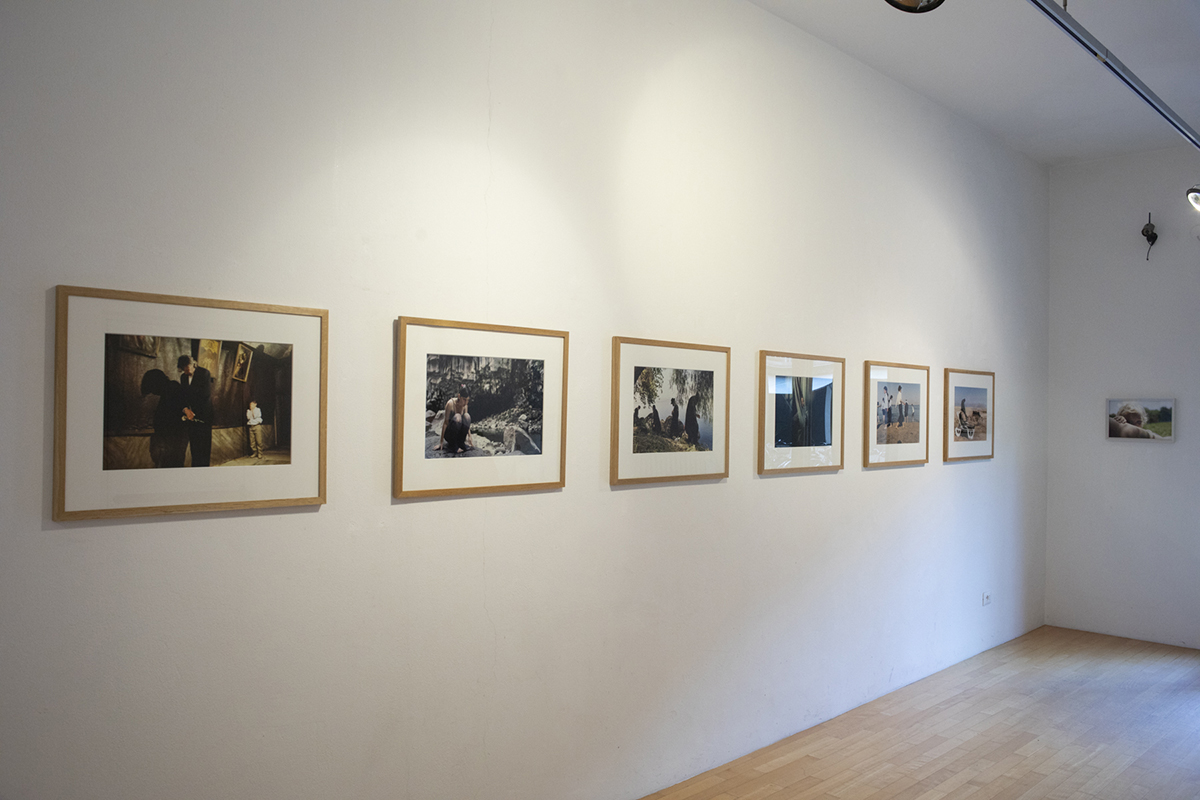
Léonie Hampton from the Artist Collective Still/Moving – Matter at Hand, Exhibition Foto Forum, Bolzano/Bozen (Italy), 2022, Image: Léonie Hampton, Installation view
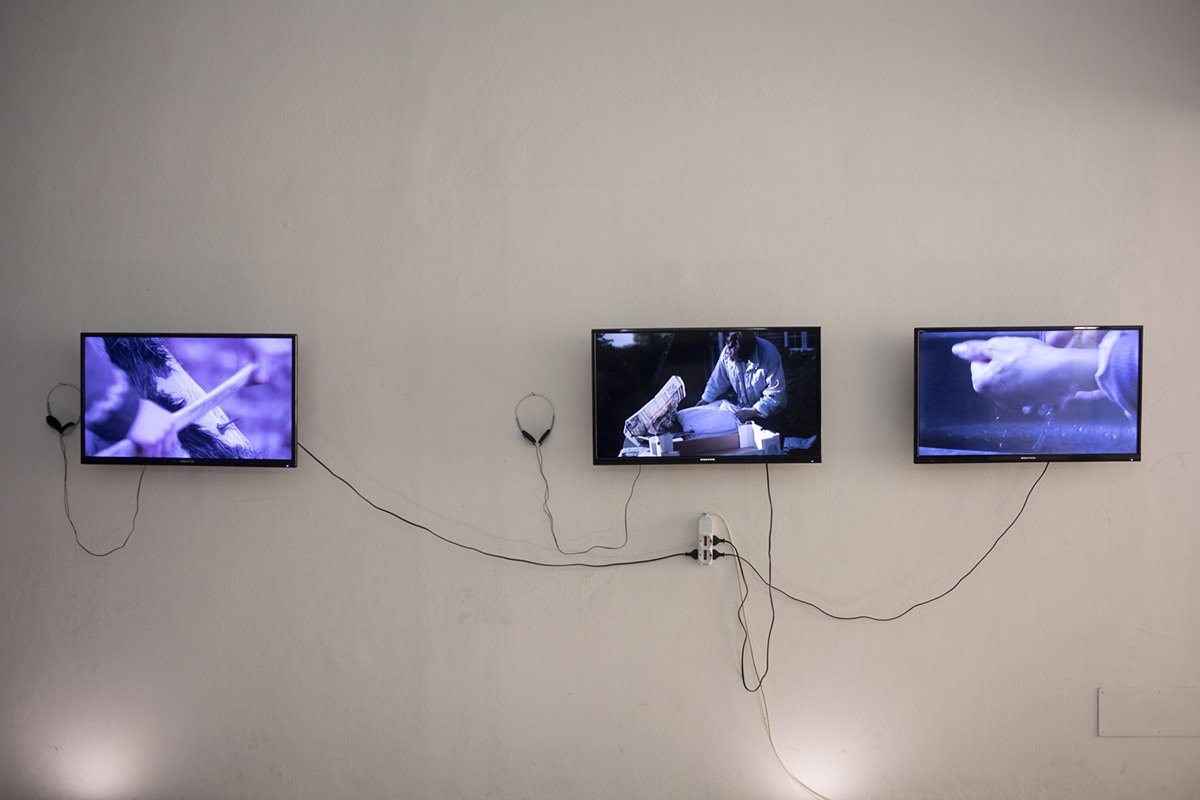
Léonie Hampton from the Artist Collective Still/Moving – Matter at Hand, Exhibition Foto Forum, Bolzano/Bozen (Italy), 2022, Image: Léonie Hampton, Installation view
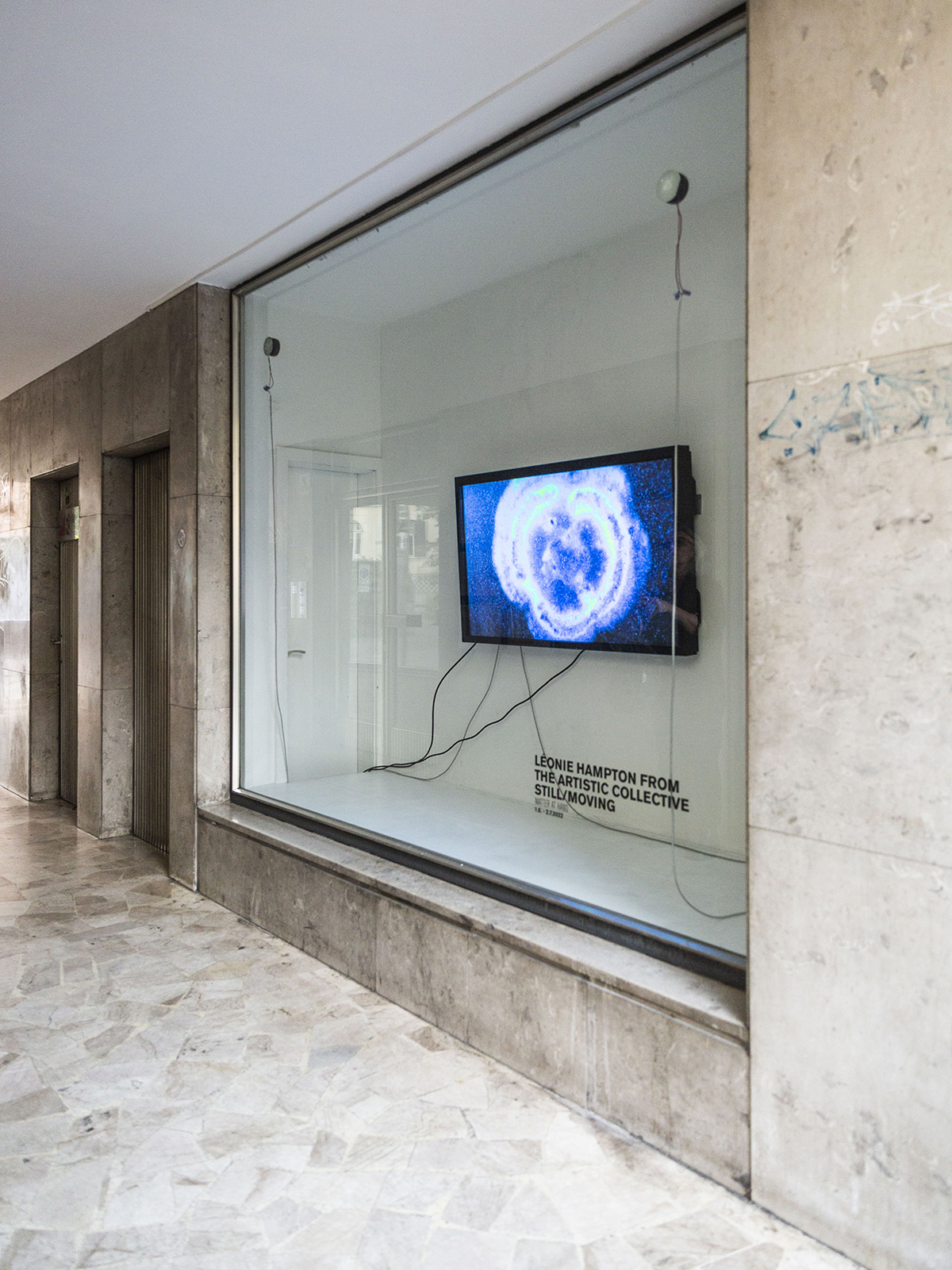
Léonie Hampton from the Artist Collective Still/Moving – Matter at Hand, Exhibition Foto Forum, Bolzano/Bozen (Italy), 2022, Image: Samira Mosca, Installation view
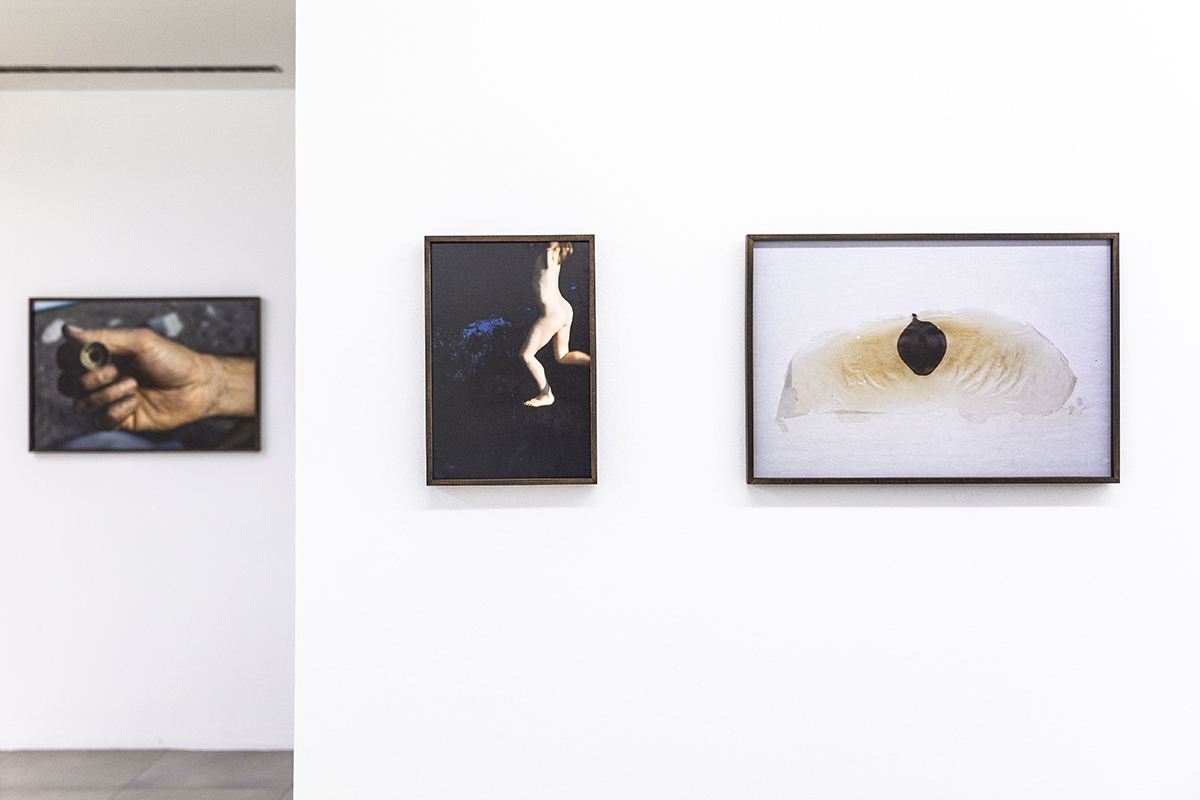
Léonie Hampton from the Artist Collective Still/Moving – Matter at Hand, Exhibition Foto Forum, Bolzano/Bozen (Italy), 2022, Image: Samira Mosca, Installation view
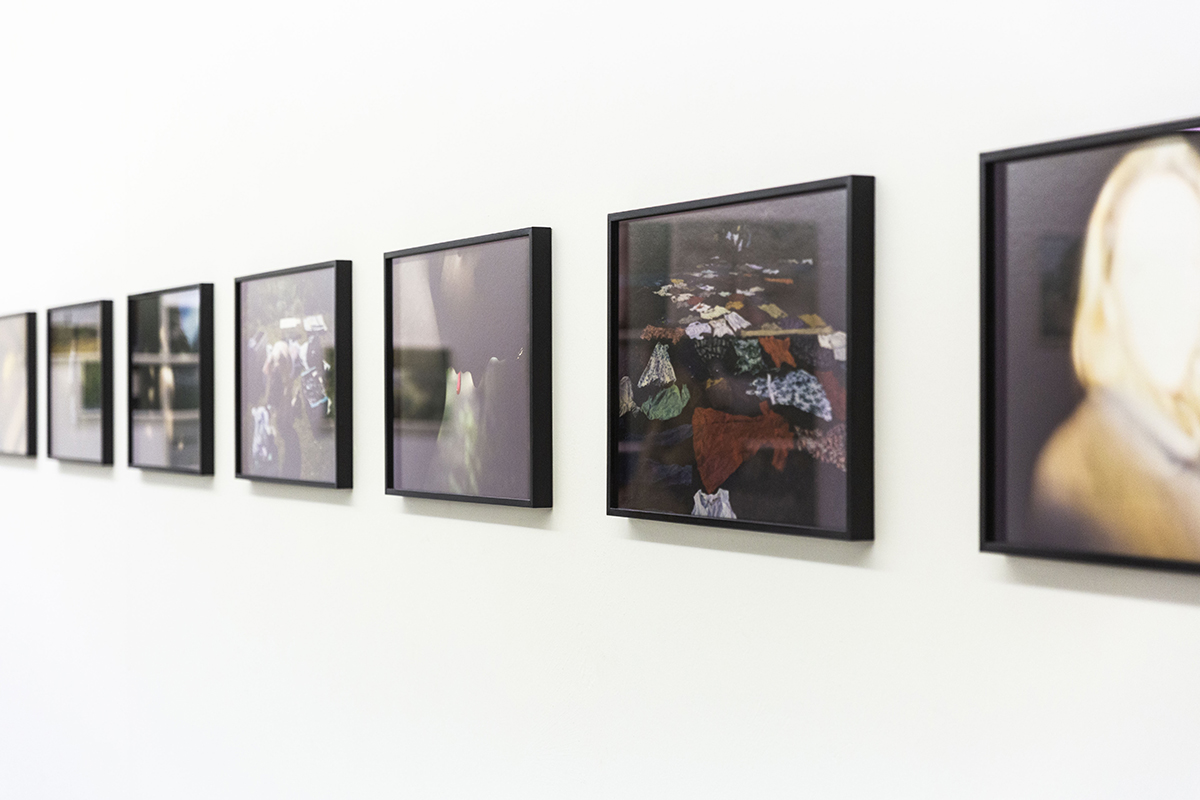
Léonie Hampton from the Artist Collective Still/Moving – Matter at Hand, Exhibition Foto Forum, Bolzano/Bozen (Italy), 2022, Image: Samira Mosca, Installation view

